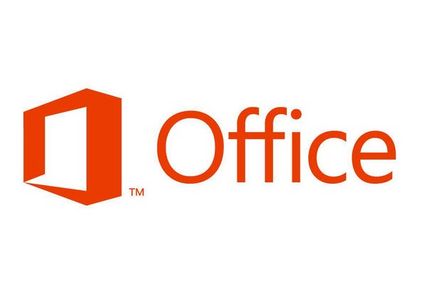Microsoft "pushing" Office 2013 buyers to Office 365 with non-transferable license rules
Non-transferable Office 2013 licenses could drive up procurement costs for home users.

Sign up today and you will receive a free copy of our Future Focus 2025 report - the leading guidance on AI, cybersecurity and other IT challenges as per 700+ senior executives
You are now subscribed
Your newsletter sign-up was successful
Microsoft has been accused of forcing end users to the cloud with its Office 2013 licensing rules, which ban them from installing the software on more than one device.
The latest version of the software giant's Office productivity suite was released at the end of January, but IT Pro supply chain sources claim many buyers do not realise the Full Packaged Product (FPP) version of Office 2013 can only be installed on a single machine.
Previous versions of the software have boasted portable use rights, which means in the event of a hardware failure users of the FPP version have been able to re-install Office on another machine.
Speaking to IT Pro, a Microsoft supply chain source, who asked to remain anonymous, said the change could significantly drive up the long-term cost of running Office 2013 for home users.
"If you buy Office 2013 FPP, it's basically the same as buying a version that comes pre-installed on your machine in that, when the PC dies, so does your copy of the software," the source said.
"I know why Microsoft is doing it, because they want more people to move to the cloud, but I just wish they'd come out and openly admit that."
In a statement to IT Pro, setting out its licensing strategy, Microsoft confirmed: "The Office 2013 software is licensed to one computer for the life of that computer and is non-transferable.
Sign up today and you will receive a free copy of our Future Focus 2025 report - the leading guidance on AI, cybersecurity and other IT challenges as per 700+ senior executives
"If customers want to use Office applications across multiple devices, Office 365 Home Premium works across up to five devices (Windows tablets, PCs or Macs) and can be transferred across [them]."
Another Microsoft retail source, who asked not to be identified, told IT Pro the change shouldn't affect business users too much, as many will go down the volume licensing route to purchase the software.
I know why Microsoft is doing it, because they want more people to move to the cloud, but I just wish they'd come out and openly admit that.
"It is quite a big change...but the Office 365 subscriptions do offer great value and represent a better option for the majority of FPP users," he added.
Microsoft has made no secret of the fact that Office 2013 has been built with cloud users in mind, as documents created in the suite can now be saved to its SkyDrive service rather than stored locally.
However, Clive Longbottom, service director at analyst Quocirca, said the change could catch many home users out, as very few are likely to read through the product's terms of use.
"Your general user is unlikely to understand or care about non-transferable licenses at least until they come up against the problem of I paid x amount for this, my computer broke and now Microsoft want me to pay again,'" Longbottom told IT Pro.
As a result, Microsoft will have to tread carefully in these types of scenarios to ensure users don't decide to opt for rival offerings, such as Libre Office or Google Apps.
"If not, it will be a massive own goal that will not be seen for a while, but could gather pace and spread virally if people start claiming Microsoft shafted them over Office licenses," he added.
-
 AWS CEO Matt Garman isn’t convinced AI spells the end of the software industry
AWS CEO Matt Garman isn’t convinced AI spells the end of the software industryNews Software stocks have taken a beating in recent weeks, but AWS CEO Matt Garman has joined Nvidia's Jensen Huang and Databricks CEO Ali Ghodsi in pouring cold water on the AI-fueled hysteria.
-
 Deepfake business risks are growing
Deepfake business risks are growingIn-depth As the risk of being targeted by deepfakes increases, what should businesses be looking out for?